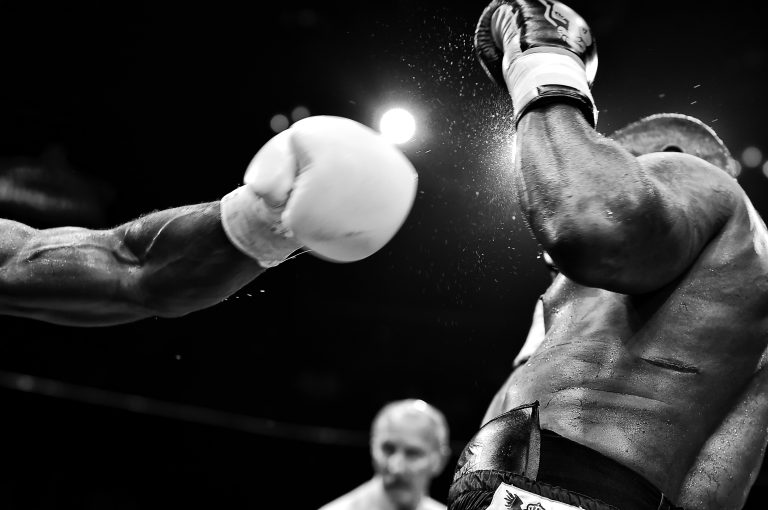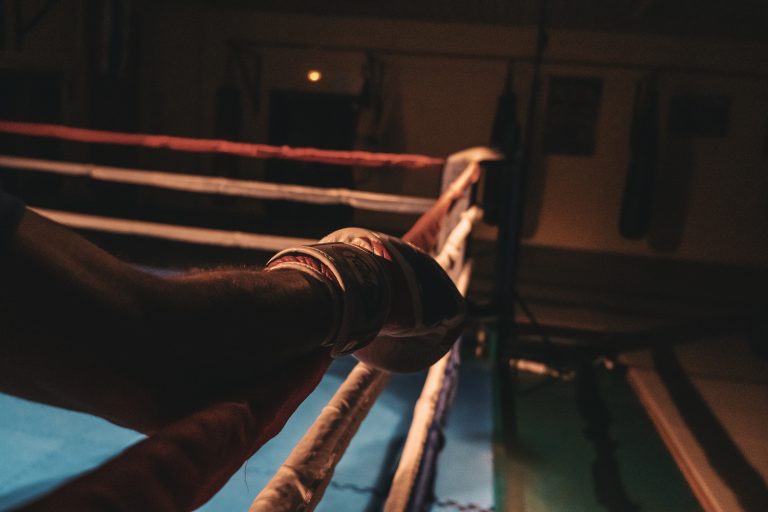Karate – What is it?
Have you ever heard of karate? Perhaps you’ve seen movies or cartoons where characters perform impressive kicks and punches with lightning-fast speed, but what exactly is this martial art? Let’s dive into the fascinating world of karate and uncover its history, principles, and benefits.
The History of Karate
Karate originated in the Ryukyu Kingdom, now known as Okinawa, Japan, in the early 20th century. Its roots trace back to various martial arts styles practiced in China and Southeast Asia, which were eventually assimilated and adapted by Okinawan practitioners.
In the mid-1900s, karate began to spread to Japan and subsequently worldwide, with different styles and schools developing along the way. Today, karate is recognized as a traditional Japanese martial art and is practiced by millions of people of all ages and abilities around the globe.
The Principles of Karate
At its core, karate is a discipline that emphasizes the development of physical and mental skills through rigorous training and practice. Its practitioners strive to achieve balance, harmony, and self-improvement by following a set of guiding principles, including:
- Respect for oneself and others
- Courage to face challenges and overcome obstacles
- Perseverance and determination to achieve goals
- Humility and openness to learn from others
- Self-control and restraint in all actions and decisions
The Benefits of Karate
Karate offers many benefits for people of all ages and backgrounds, including:
- Improved cardiovascular fitness, strength, and flexibility
- Increased self-confidence, focus, and mental clarity
- Better coordination, reaction time, and agility
- Reduced stress, anxiety, and depression
- Enhanced self-defense skills and situational awareness
Conclusion
Karate is a fascinating martial art that combines physical and mental training to promote overall health, well-being, and self-improvement. Its principles and benefits make it an ideal choice for anyone looking to enhance their fitness and personal development, regardless of age or skill level. So why not give karate a try and see what it can do for you?
What is Karate?
Karate is a Japanese martial art that primarily focuses on striking techniques. It was developed in Ryukyu Islands, now known as Okinawa, during the 19th century. The word ‚Karate‘ is derived from two Chinese characters; ‚kara‘ means ‚empty‘ and ‚te‘ means ‚hand.‘ Thus, Karate means ‚empty hand.‘
Karate is a dynamic and versatile martial art that stresses on speed, power, and agility. It involves a combination of kicks, punches, knee strikes, and elbow strikes. Karate training typically begins with basic techniques such as punching, kicking, blocking, and striking, and then progresses to more challenging techniques and katas (a sequence of techniques performed in a specific pattern).
In addition to being a form of self-defense, Karate is an excellent way to improve physical fitness, mental strength, and character development. It promotes discipline, focus, and respect for others.
In this blog post, we will be answering some of the most frequently asked questions about Karate.
What are the benefits of practicing Karate?
Practicing Karate has numerous physical, mental, and emotional benefits. Some of these benefits are:
Physical Benefits
– Cardiovascular conditioning
– Improved flexibility
– Increased strength and stamina
– Weight loss
– Improved balance and coordination
– Increased speed and agility
Mental and Emotional Benefits
– Improved focus and concentration
– Reduced stress and anxiety
– Increased confidence and self-esteem
– Improved discipline and self-control
– Enhanced awareness and self-defense skills
Is Karate only for self-defense?
No, Karate is not only for self-defense. While Karate is an excellent form of self-defense, it is also a way of life. The principles of Karate include respect, discipline, and honor. Practicing Karate can help individuals become better versions of themselves and improve their mental, emotional, and physical well-being.
What is the difference between Karate and other martial arts?
Karate is primarily a striking-based martial art that emphasizes on using the hands and feet for attacking and defending. Other martial arts such as Judo and Brazilian Jiu-Jitsu, focus on grappling and ground fighting. Additionally, Karate incorporates traditional Japanese and Okinawan techniques, such as kata (a sequence of techniques performed in a specific pattern) and kumite (sparring), which are unique to Karate.
Can anyone practice Karate?
Yes, anyone can practice Karate regardless of age, gender, or physical ability. Karate is an inclusive martial art that can be practiced by individuals of all ages and abilities. However, individuals with pre-existing medical conditions should consult with their doctor before starting Karate or any other physical activity.
What should I wear for Karate classes?
Beginner Karate students typically wear a white karate uniform, also known as a gi. A gi consists of a loose-fitting jacket, pants, and a belt. The belt represents the student’s level of proficiency and progress in Karate. It is advisable to check with your Karate dojo (training hall) before purchasing a gi as each dojo may have its specifications and requirements.
How long does it take to become proficient in Karate?
Becoming proficient in Karate requires dedication, commitment, and practice. There is no fixed timeline or formula for becoming proficient in Karate. However, with consistent practice and training, students can progress through the ranks (belts) and become proficient in Karate within a few years.
Conclusion
Karate is a dynamic and versatile martial art that has numerous benefits, including physical fitness, mental strength, and character development. Practicing Karate can help individuals become better versions of themselves and improve their well-being. Whether you are looking for self-defense training, a way to improve your physical fitness, or want to develop your mental and emotional resilience, Karate is an excellent martial art to consider.
Inhaltsverzeichnis






